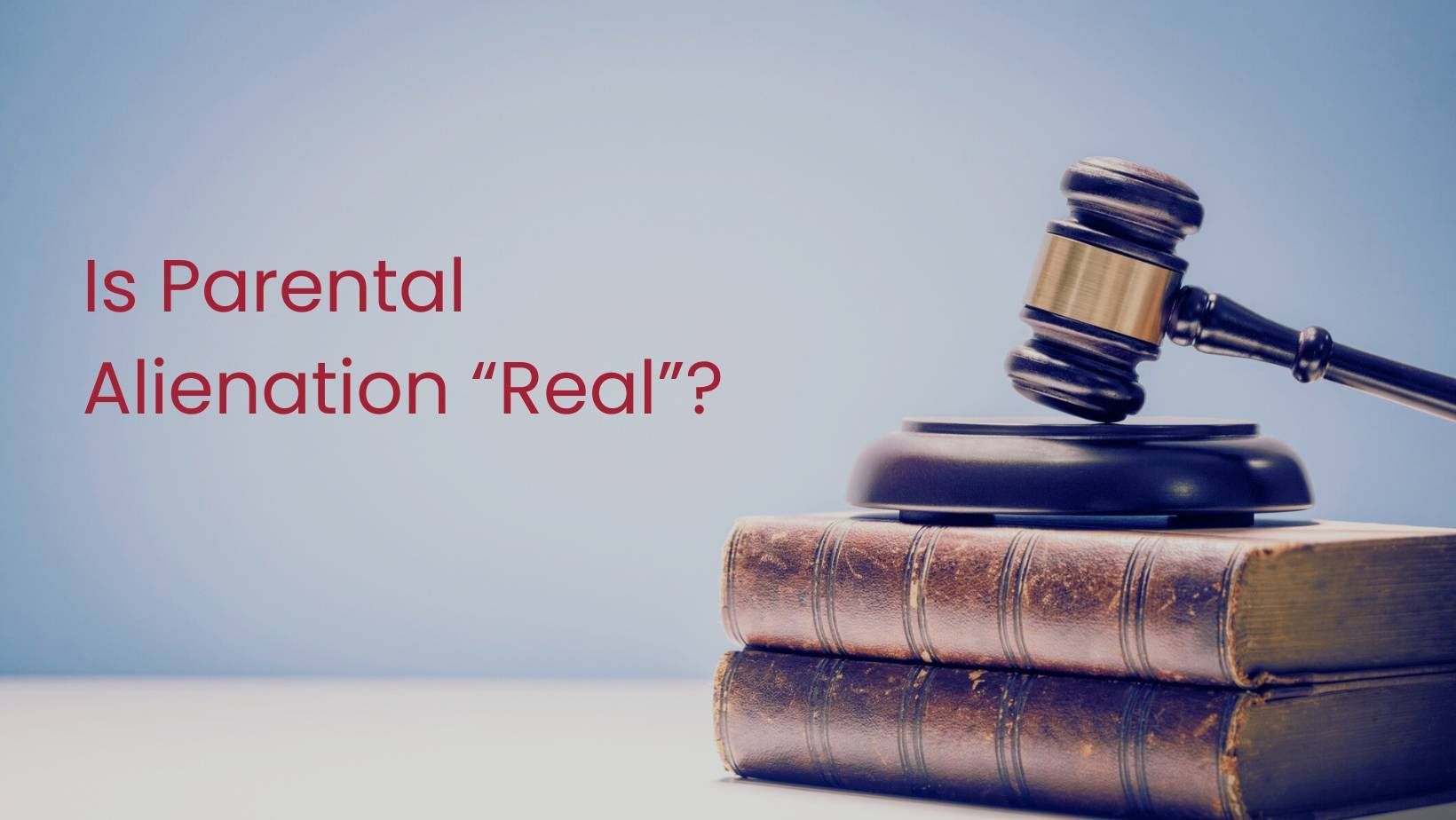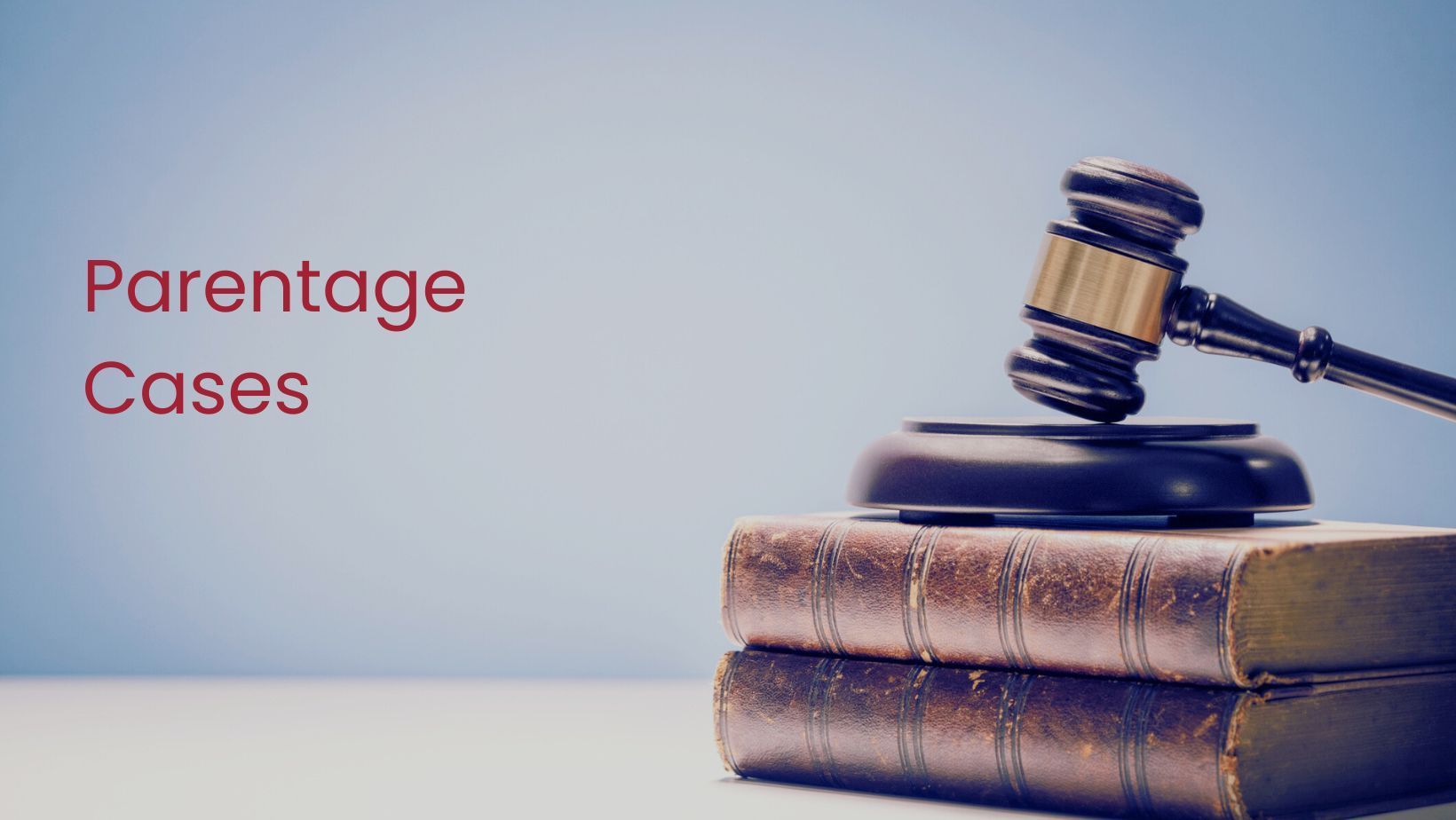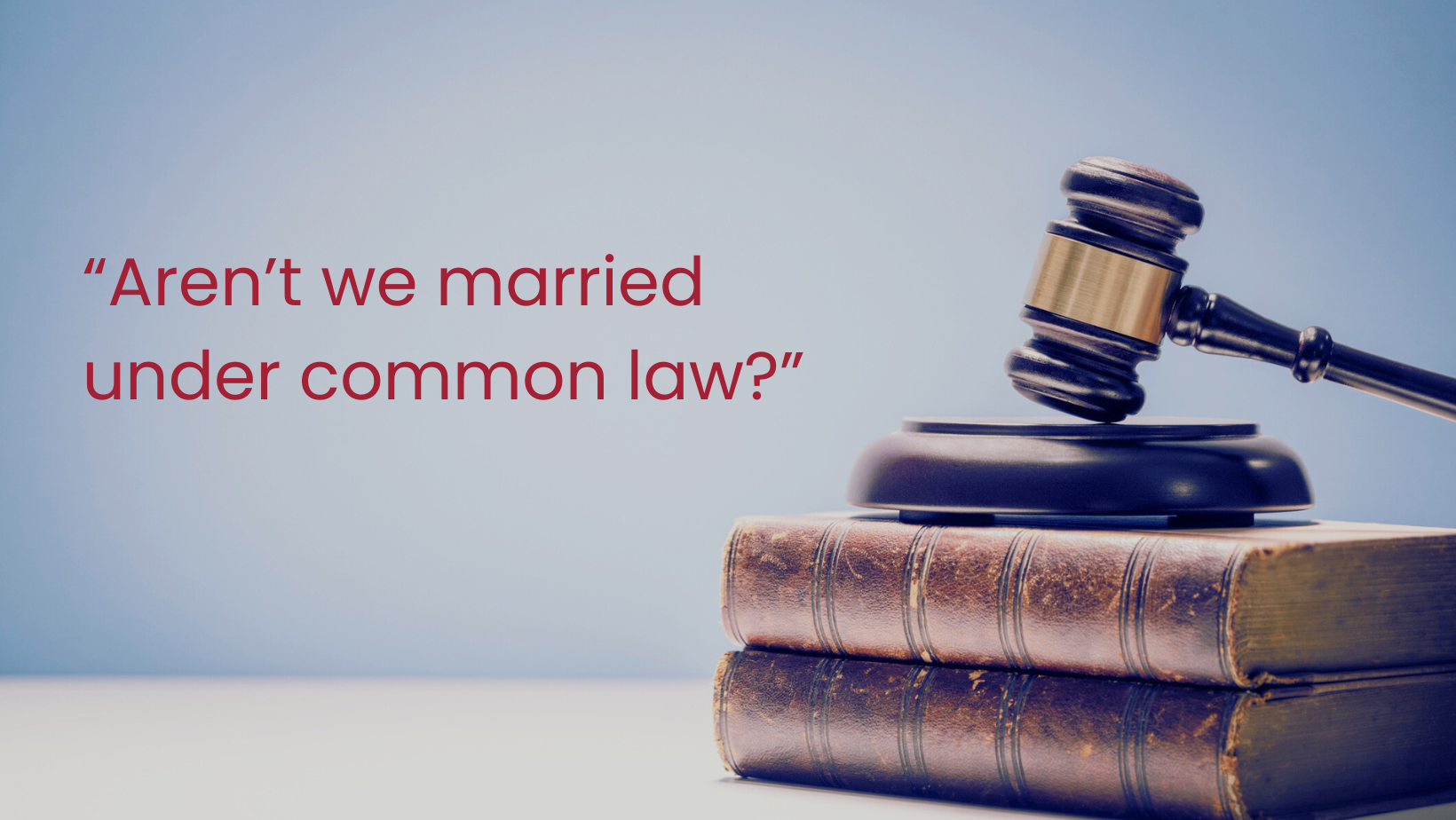So aren't all Divorces “High Conflict”??
- By Daniel Gold
- •
- 18 Dec, 2024
- •
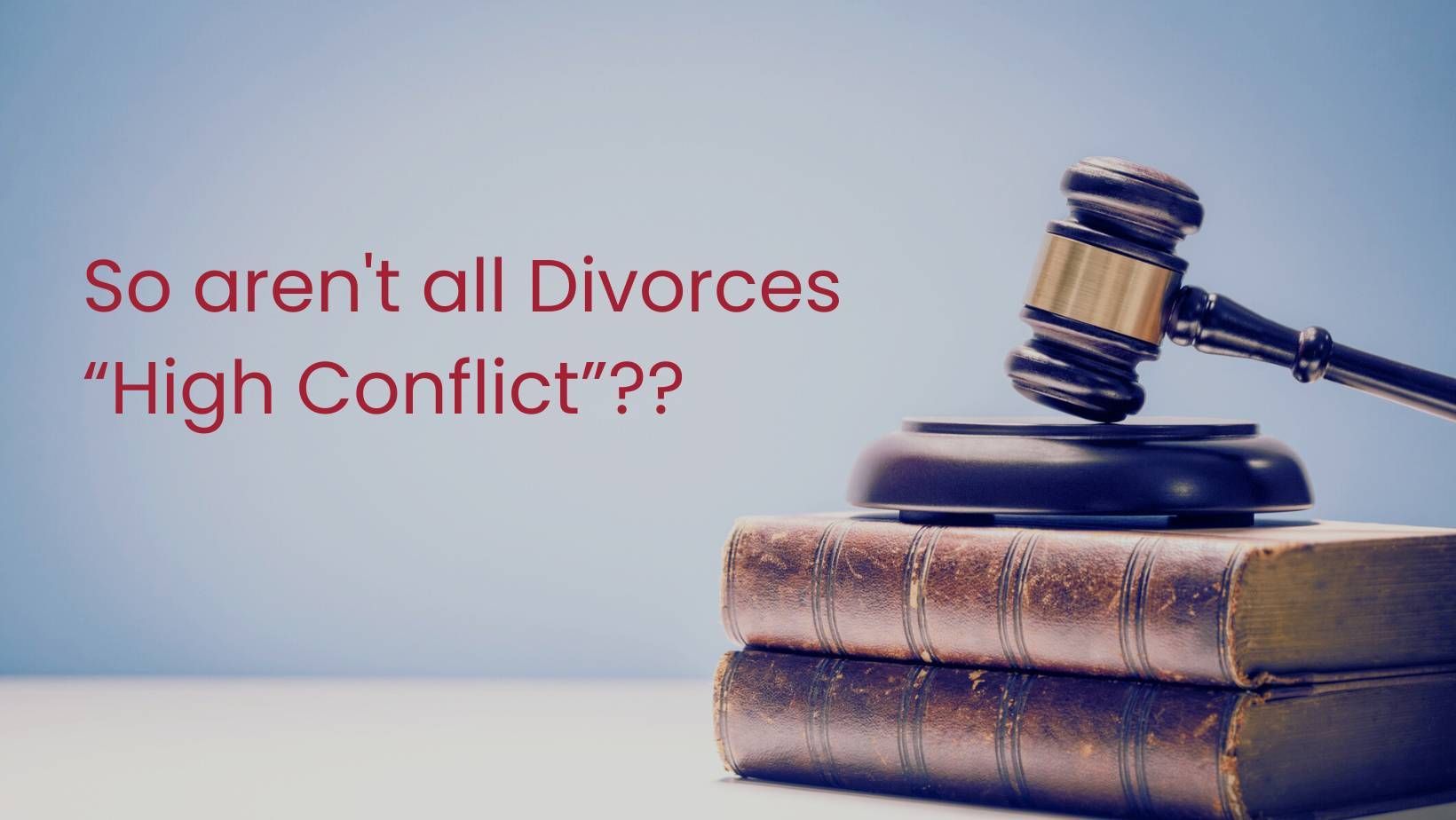
The answer is a qualified “no”. When a marriage ends there is always some degree of conflict, but the term “high conflict” divorce seems to be used a lot these days among both the family law bar, and “the bench.”
A high-conflict divorce brings additional emotional, legal, and financial difficulties. In my view, understanding effective strategies can help you navigate a high-conflict divorce while minimizing stress and protecting your rights.
What Is a High-Conflict Divorce?
A high-conflict divorce is characterized by frequent and intense disputes, often fueled by anger, resentment, or unresolved issues between the parties. Both parties may find themselves unable or unwilling to compromise. These divorces may involve:
- Constant arguments or refusals to cooperate
- Accusations of abuse or neglect
- Complex custody battles
- Financial disputes or hidden assets
Strategies for Managing a High-Conflict Divorce
Focus on the Big Picture
It's easy to get caught up in minor disputes during a high-conflict divorce, but focusing on the bigger picture can help you make better decisions.
Having a divorce
“roadmap” can be an essential to getting ahead of the game.
Prioritize the most important outcomes, such as securing custody arrangements that benefit your children or ensuring a fair division of assets.
Establish Boundaries
Clear boundaries are essential when dealing with a high-conflict ex-partner. Limit communication to necessary topics like child custody schedules or legal matters and use neutral platforms such as email or parenting apps to minimize confrontations. In other articles and posts, I have touched on situations where domestic violence may become an unwelcome result. If you feel harassed or threatened take action.
Document Everything
In high-conflict cases, accurate documentation is crucial. Keep detailed records of:
- Communication with your ex-spouse
- Incidents involving the children
- Financial transactions or disputes
- Any instances of harassment or abuse
These records can be invaluable during court proceedings or mediation.
Work with Professional
High
conflict divorces often require a team of professionals to ensure your case is handled effectively. Consider working with:
- Seasoned Family Law Counsel: A skilled attorney can protect your rights and advocate for your interests in court.
- A Mediator: Mediation can help resolve disputes amicably, even in high-conflict situations. NOTE: GET REFERRALS NOT ALL MEDIATORS ARE CREATED
- A Therapist or Counselor: Emotional support from a mental health professional can help you cope with the stress of a high-conflict divorce. NOTE: YOUR THERAPIST IS NOT YOUR MEDIATOR
Keep Children’s Best Interests in Mind
Children are often caught in the middle of high-conflict divorces. Shield them from parental disputes and prioritize their emotional well-being. Maintain open communication with your children and consider involving a child psychologist if needed.
Avoid Escalation
Reacting emotionally or engaging in arguments with your ex-spouse can escalate conflicts. Instead, approach disputes calmly and focus on finding solutions. Avoid retaliatory actions, as they may negatively impact your case.
Utilize
All Available Legal Options, including litigation, if necessary.
While resolving disputes outside of court is preferable, high
conflict divorces sometimes require legal intervention. If mediation fails or the other party refuses to cooperate, filing motions and seeking court orders can provide necessary resolution and protection.
Protect Your Financial Interests
High-conflict divorces often involve financial disputes. Work with your attorney to uncover hidden assets, evaluate the marital property, and ensure that you receive a fair division of assets. Consider hiring a forensic accountant if financial complexities arise.
Custody Challenges in High-Conflict Cases
Custody battles in high-conflict divorces can be particularly challenging. The court’s primary concern is the best interests of the child. To strengthen your case:
- Demonstrate a willingness to co-parent, even in difficult circumstances.
- Provide evidence of a safe and stable home environment.
- Avoid disparaging your ex-spouse in front of the children or the court.
Conclusion
High-conflict divorces require patience, strategy, and professional guidance to navigate successfully. By focusing on the big picture, documenting interactions, and working with experienced professionals, you can protect your rights and achieve the best possible outcome. For personalized advice and assistance with high-conflict divorces,
ALWAYS consult seasoned family law counsel.
Call: 949-756-0684
Email: dgold@tldlaw.com
Disclaimer
This information outlines a few of the concepts that surround high-conflict divorce strategies in the State of California. It is not intended to be, nor should it be construed as legal advice for any particular situation. Please seek advice from TLD Law or your personal attorney in your state or jurisdiction.
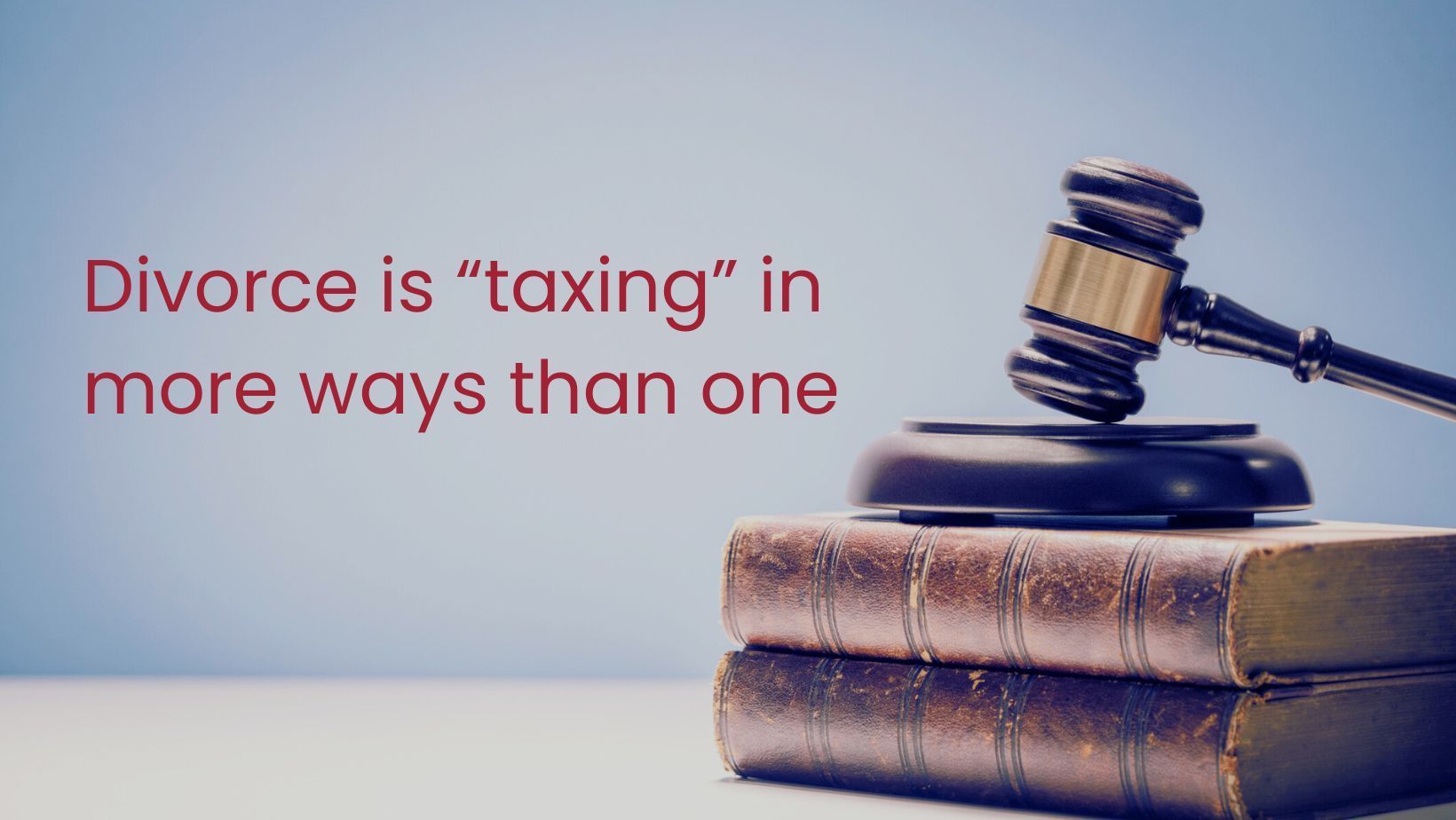
Divorce brings significant changes to your financial situation, and understanding the tax implications is crucial to avoid unexpected liabilities and maximize your financial health. From filing status to the division of assets, knowing how divorce impacts your taxes can help you plan effectively for your post-divorce life.
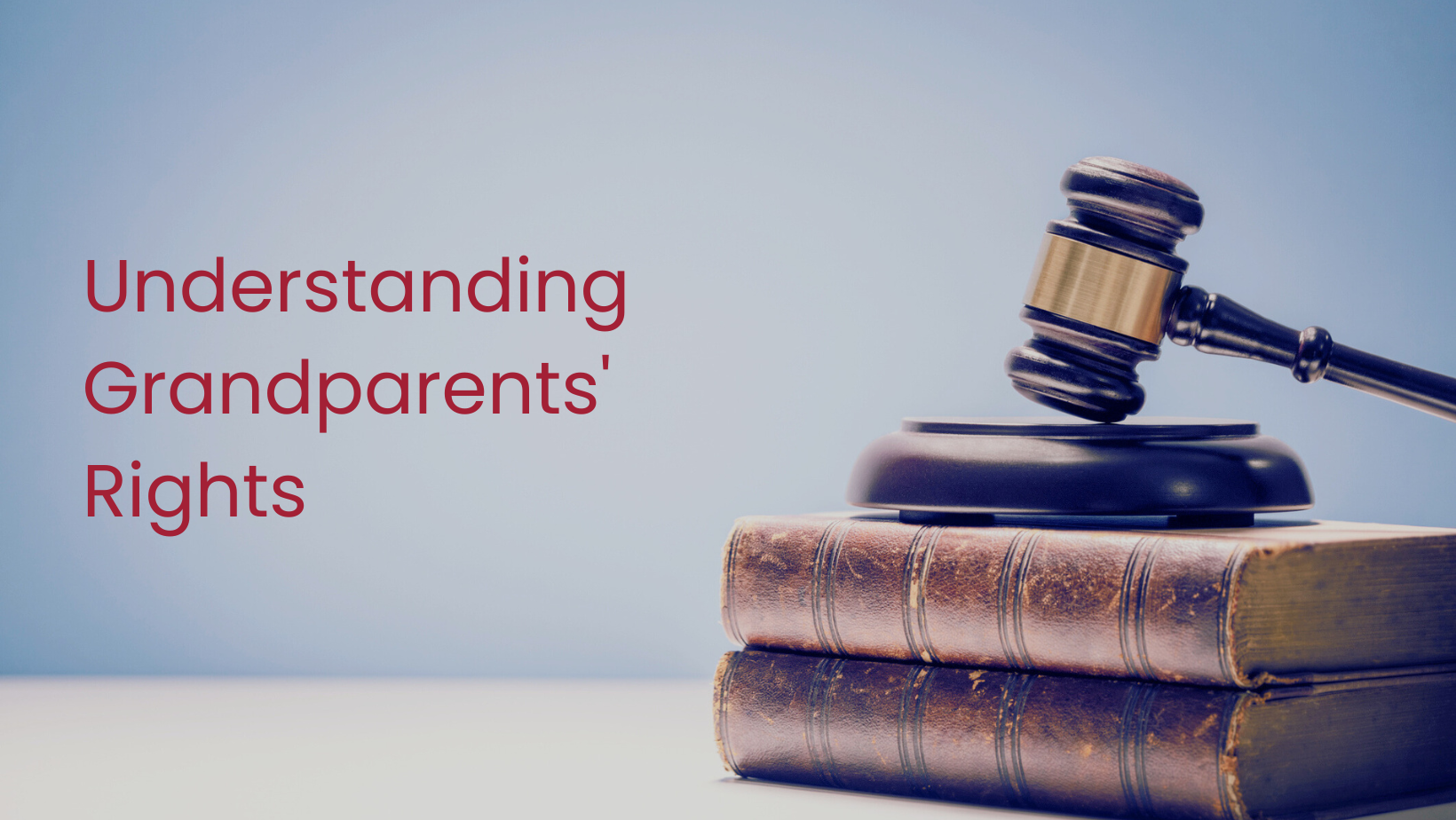
Grandparents can seek custody or visitation in California, but the process is not straightforward. Courts prioritize the child’s best interests while balancing parental rights, so proving that grandparents’ involvement is necessary requires careful legal navigation. For personalized advice and assistance with grandparents’ rights, contact me for expert guidance.

It is striking how far things have some since I was sworn in as an attorney in 1993. I remember the “dawn” of domestic partnerships in California and its evolution to becoming something akin to marriage “lite”; when many other states, and the Federal government did not choose to give legal recognition to same sex relationships.How far things have come since those early days.


